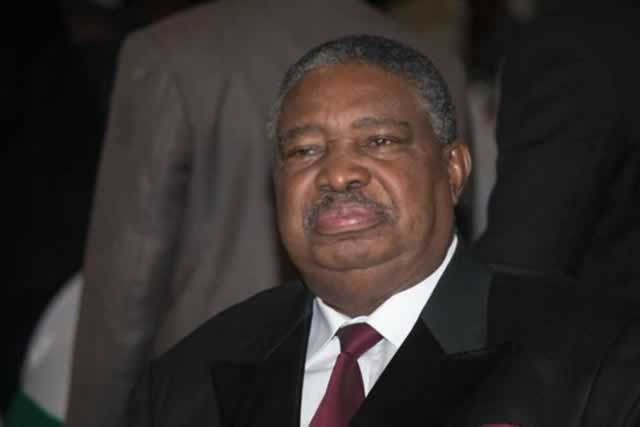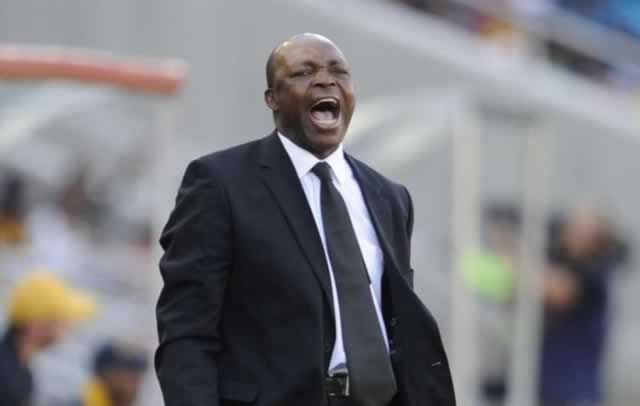Hunger management and power processes


In “The Hunger Games” trilogy, Collins deploys a dystopian thread to present a world of contradictions where injustice is consolidated on one side and suffering commercialised on the other
Stanely Mushava Literature Today
The suffering we have come to take for the default state of the world does not happen spontaneously but is planned and executed by groups bent to the imposition and legitimation of their power whatever the values at stake.
Many rivers, thirsty children, burning streets. “The Hunger Games” trilogy is an allegory of our time.
In the highly regarded set, featuring “The Hunger Games”, “Catching Fire” and “Mockingjay”, Suzanne Collins cuts away from the moody complexes, which are the materials for young adult fiction, to a frighteningly real world, our own.
The set merits a monumental rating, not just for the captivating style sheet but also the allegorical precision with which Collins courses her scalpel through a haemorrhaging planet.
The arena of the hunger games calls to mind a collage of trouble spots where extreme poverty, oppression and conflict are all the rage.
The cross-fading of airbrushed television personae with the devastation of war presents unsettling juxtapositions.
Collins says she developed the concept from watching footage from the invasion of Iraq “blur in an unsettling way” with reality TV, an odious association given her childhood anxiety over her father’s service in the Vietnam War.
Here she becomes the voice of one crying in “The Wasteland”: “I will show you something different from either your shadow at morning striding behind you, or your shadow at evening rising to meet you; I will show you your fear in a handful of dust.”
Although the series imports elements of Greek mythology, setting them to a futuristic score, it is not distant from the world as we know it today.
It is a deconstruction of power systems, an indictment on war, a care package for the economically disenfranchised and an incisive critique of oppression.
In a promo for the trilogy, Collins addresses a question on what she wants her readers to ultimately take away from the popular series.
“How do you feel about the fact that some people take their next meal for granted when others are starving?” Collins inquires back.
“What do you feel about choices your government, past or present, and other choices governments around the world make?
“What’s your relationship to reality TV versus your relationship to the news?
“Was there anything in the book that disturbed you because it reflected aspects of your own life and, if there was, what do you intend to do about it?” she challenges.
No mean scope to demand of young readers, but “The Hunger Games” runs that tapestry.
The young adult label attached to series belies a penetrating deconstruction of the hunger management and blood rites which sustain capitalist empires and despotic regimes.
Collins deploys a dystopian thread to present a world of contradictions where injustice is consolidated on one side and suffering commercialised on the other.
Trace headstream few of the trending reports: 60 million refugees, hundreds of thousands of youths braving treacherous waters to uncertain destinations, millions out of employment.
A perennial expanse of trouble spots stretching even into world’s newest nation, South Sudan.
While the trail of destruction as we see it is disturbing enough, Collins blows the cover off the system behind the works.
The suffering we have come to take for the default state of the world oes not happen spontaneously but is planned and executed by groups bent to the imposition and legitimation of their power whatever the values at stake.
Collins seems to be staging, after Hamlet, a prose edition of “Mousetrap” for power-drunk, warmongering world leaders.
In the hunger games, 24 four tributes, that is, a boy and a girl aged between 12 and 18 from each of the 12 districts of post-apocalyptic Panem are dispatched into the arena to fight each other to death till one contestant remains.
Collins’ incorporation of sponsorship and rewards into the games seems to satirise the inconsequential incentives by which the oppressed are motivated to fight each other to prop up their oppressors.
The hunger games are staged annually to punish the districts for their foiled rebellion against the Capitol, 74 years before the narration.
Much like how the world’s most vulnerable are crushed to enhance the levers of global capitalism and to defend despots.
As if extreme poverty is not enough, displacement and a perpetual atmosphere of death is everyday life for millions as some world leaders have their interests in the same equation with human suffering.
Tuku prefaces a live recording of his wartime classic “Chido Chenyu Here?” with a question on whether conflict and suffering are the default state of the world.
With much of the violence today legitimated by invocation of the divine and shady powers in coalescence to avert justice from the oppressed, even as vast populations are crunched into washbasins, it is a question many are just as compelled to ask.
But suffering is instituted not by God’s design but man’s inhumanity to man.
“The Hunger Games” blows the cover off architects of suffering who would have the vulnerable resign to insecurity as to fate, when, in remote enclosures leaders are dashing, as pawns on their political chessboards, those that they should be defending.
This is what dawns on protagonist, Katniss, when after defeating the Capitol, ostensibly to undo its excesses, the leaders of District Thirteen set about consolidating their newfound power with the same stratagems, including initiating hunger games in which children from the Capitol will be forced to kill each other.
“Was it like this then?” the brutal truth registers on Katniss, who has just lost her beloved 12-year-old Prim in an indiscriminate power campaign by the leaders of Thirteen, targeting the children to further asperse the Capitol.
“Did a group of people sit around and cast their votes initiating the Hunger Games? Was there dissent? Did someone make a case for mercy but was beaten down by the calls for the deaths of the districts’ children . . .
“All those people I loved dead, and we are discussing the next Hunger Games in an attempt to avoid wasting life. Nothing has changed.
Nothing will ever change now,” Katniss processes the moment of truth, the corruption of power.
The death of 12-year-old Prim on the frontline of a conflict where the plotters themselves are unscathed is an emotive case for child soldiers and civilian casualties in the world’s trouble spots.
Will the world ever wake up to the implications of power rites in which the future is sacrificed to prop up the failures of yesterday?
Collins not only works her scalpel through the corruption of power but also the dissoluteness of the mob.
Crowds watch for entertainment children fighting each other to the death in the hunger games arena, settling for one against the other, as if the children or the districts by themselves are enemies.
The districts are not only divided but play naively to the stratagems of the Capitol and, although they are swayed by each slight play on their emotions on the TV screen, they do not follow through the logical conclusions of their condition as the oppressed.
The question of nuclear brinkmanship in the world today is also brought up in “Mockingjay”, with the protagonist fretting on the implications of a possible nuclear attack as the war between the Capitol and District Thirteen intensifies.
“Would they be any protection against a nuclear attack? And even if they were one hundred percent effective at sealing out the radiation, which is really unlikely, would we ever be able to leave this place? The thought of spending whatever remains of my life in this stone vault horrifies me,” Katniss reflects.
“The Hunger Games” trilogy ends on a happy note, with the romantic jigsaw resolved as Katniss agrees to marry Peeta, her screen lover during the games.
However, nightmares from the killing fields persist years after the destruction of the arena and abolition of the hunger games.
Reflecting on the devastation of war, the protagonist sometimes feels she can longer take pleasure in anything, not even her beloved family, for feel that it can be taken away.
Stanely Mushava blogs at upstreamafrica.blogspot.com









Comments